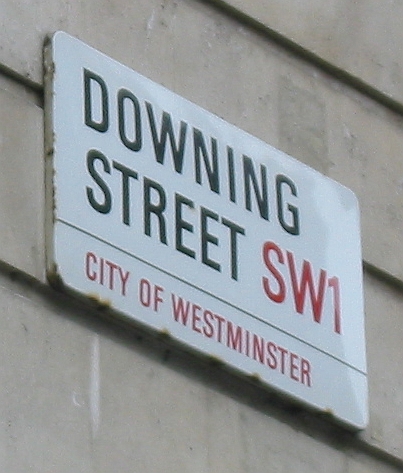
Where will the Wealth go now?
The Labour party, founded in the early years of the 20th century, had its roots in the Non-conformist chapels of the industrial revolution. These communities had a long tradition of self-improvement and a sense of the public good coupled with class solidarity.
The working classes sought the redistribution of wealth via legislation through parliament, together with fiscal policies to shift wealth from the rich to the wage earning working classes. The Labour party was founded to facilitate these ends.
Labour’s rise to power began after the first world war, growing in strength during the depression of the late 1930’s and reaching its greatest level of support in the late 40’s under the leadership of Clement Atlee. The first Labour government founded the NHS, passed the 1944 Education Act and built affordable housing (council estates), triggering a period of upward mobility which contributed to a rise in real wealth enjoyed by the vast majority of “ordinary people”.
These achievements changed people’s social experiences and opinions. By the mid-1960’s the beneficiaries and their descendants had moved to the right and embraced an individualistic economic philosophy. They resented high personal taxation, undertaken by the state to redistribute income in favour of “the poor”. The skilled working class, the backbone of Labour’s support and trade union membership) declined as heavy industry did likewise (mining, steel, shipbuilding). Industrial wages declined in real terms, and since the 1980’s wealth has moved towards property ownership and asset holders.
These social changes explain and were encouraged by Margaret Thatcher’s vision of property-owning democracy. It has been carried forward by David Cameron’s determination to cut welfare payments, not raise taxes and privatise public service provision.
Tony Blair was the first Labour leader to grasp the political implications of these complex social changes and run an election campaign accordingly. It is probably unwise to write off Labour’s future electoral chances. Britain faces a very uncertain future and as always, this future will be determined by the laws of unforeseen consequences.